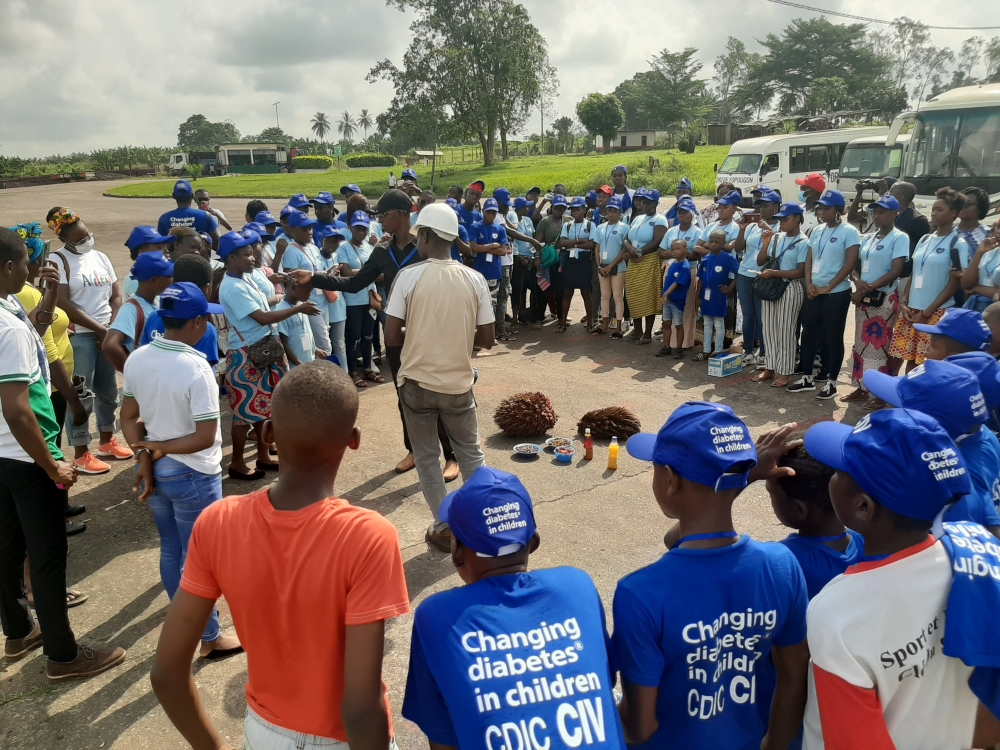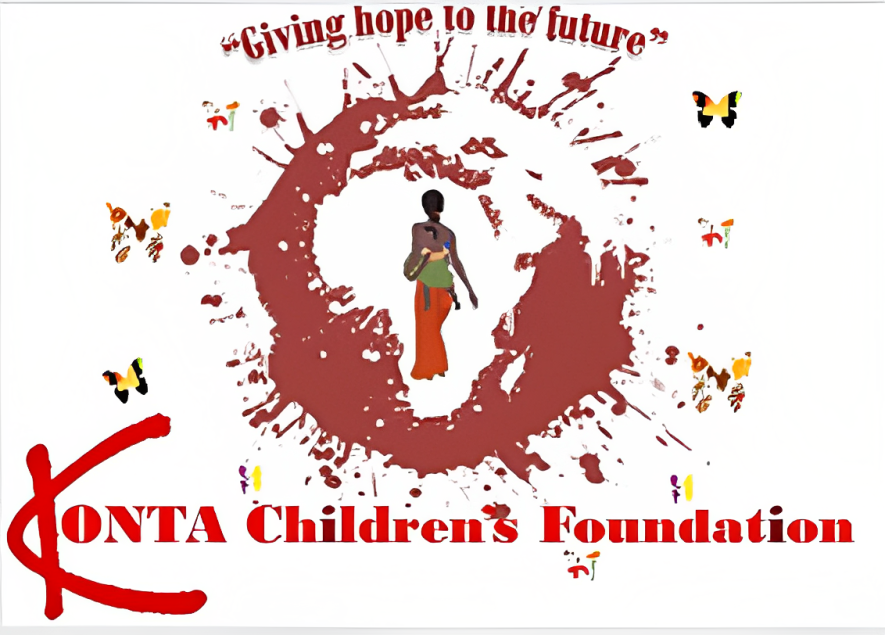Management of childhood diabetes: significant progress has been recorded
- admin
- December 4, 2023
- 12:13 pm

THE CHANGING DIABETES IN CHILDREN PROJECT (CDIC)
Included in the Government Work Program (PTG 2017), the Changing Diabetes in Children (CDIC) Project has made it possible to achieve a qualitative leap in the care of young patients. The project is based on the free distribution of insulin, training of practitioners and many other activities.
From August 27 to 31, 2023, 75 children met in Bingerville. A holiday camp like any other… but not quite. These little vacationers are all diabetics. This camp is part of the activities of the Changing Diabetes in Children Project (CDIC), placed under the supervision of the National Program to Combat Metabolic Diseases (PNLMM).
It is organized every year to offer good times to these children whose daily life is not always easy.
“Having to give insulin injections every day and for life is depressing for a child. During this camp, children connect with others who have the same problems as them. We teach them about healthy and dietary measures. Together, they learn to play down the disease,” says Dr. Amos Ankotché, coordinator of the CDIC Project. He points out that children with diabetes are often moody due to the stresses of the disease. “One in ten diabetic children refuse to go to school. No longer able to carry around his insulin bottle, his syringe and his sugar cubes,” laments the diabetologist. These holiday camps are windows of escape for them.
544 children were able to participate in these camps organized in different cities across the country.
Beyond this holiday camp, the Changing Diabetes in Children Project has made it possible to improve the care of children suffering from diabetes. This project aims to provide free insulin, blood glucose meters with consumables to diabetic children aged 0 to 18 in Côte d’Ivoire. It is a partnership between Novo Nordisk laboratories and the Ministry of Health, Public Hygiene and Universal Health Coverage. The project was included in the Government Work Program (PTG 2017).
In 2017, at the start, we had 50 children in the active queue at the National Institute of Public Health (INSP), we will record 904 children in 2023.
In 2006, the parents of a child spent on average 70,000 FCFA per month just for the purchase of insulin. This cost increased to 50,000 FCFA in 2010 then to 30,000 FCFA in 2015. Significant expenses which had consequences on the life expectancy of diabetic children which was estimated between 1 and 3 years. In Africa this life expectancy fluctuates between seven months and 7 years.
“With this project, parents of sick children aged 0 to 18 no longer have to pay money to purchase insulin. These children also benefit from essential assessments linked to the disease, in particular blood sugar, blood ionogram and glycated hemoglobin. », Said Dr Amos Ankotché, endocrinologist and head of the diabetology unit at Treichville University Hospital.
In six years, approximately 47,000 vials of insulin, 20,000 syringes, 32,244 strips and 824 blood glucose meters have been distributed.
Project managers who are working to reduce travel times for access to care have opened and equipped 21 care centers across the national territory. In Aboisso, Abengourou, Bouaké, Yamoussoukro, Man, Daloa soubré, Gagnoa, Korhogo, Bondoukou…
And to make all these sites work, the project focused on training health professionals so that everywhere, these practitioners can recognize the signs of the disease and administer the necessary care. 396 general practitioners, 311 nurses, 32 midwives and 119 social workers were trained. No need for families to travel long distances to consult a specialist. 350 families were trained to guarantee good monitoring of diabetic children.
The progress recorded within the framework of this project is undeniable, but expectations still remain high, particularly for training and the organization of holiday camps. The initiative has already benefited from the support of structures such as the Coffee-Cocoa Council, Côte d’Ivoire Tourism, the Orange and Celia Foundations… but the needs are enormous. The project manager therefore calls for greater mobilization around diabetic children.









